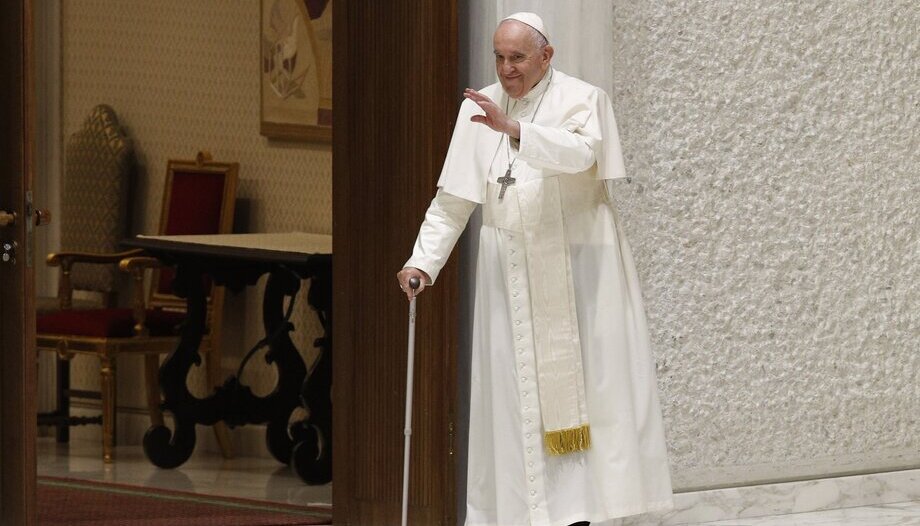On Wednesday, August 3, the Pope has resumed his weekly catechesis. The temperature in Rome was high, so the audience was not held in St. Peter's Square but in the Paul VI Hall. In recent months Pope Francis has reflected on the role of the elderly in the family and in today's world. Today, however, he has preferred to take stock of his recent trip to Canada.
The Holy Father began by underlining the main message of his trip, to recognize that some men and women of the Church "have participated in programs that today we understand to be unacceptable and contrary to the Gospel". With these words he was referring to the state system of schools for indigenous people. However, Pope Francis also pointed out that there have also been Christians who "have been among the most determined and courageous defenders of the dignity of indigenous populations, taking their side and contributing to the knowledge of their languages and cultures".
A balance sheet in parts
Pope Francis pointed out that his trip had three legs: to remember the past, to reconcile and to heal the wounds. Together we have made memory," the Pope commented, "the good memory of the millenary history of these peoples, in harmony with their land, and the painful memory of the abuses they have suffered".
With regard to the second step of his penitential journey, reconciliation, he pointed out that it was not a mere "agreement between us - that would be an illusion, a staging - but a letting ourselves be reconciled by Christ, who is our peace (cf. Eph 2:14). We have done so with reference to the figure of the tree, central to the life and symbolism of the indigenous peoples; the tree, whose new and full meaning is revealed in the Cross of Christ, through which God has reconciled all things (cfr Col 1,20). In the tree of the cross, pain is transformed into love, death into life, disillusionment into hope, abandonment into communion, distance into unity".
Healing
The healing of the wounds took place on the shores of Lake St. Anna. Pope Francis recalled that "for Jesus the lake was a familiar environment: on the lake of Galilee he lived a good part of his public life, together with the first disciples, all fishermen; there he preached and healed many sick people (cf. Mk 3:7-12). We can all draw from Christ, the source of living water, the grace that heals our wounds: to him, who embodies the closeness, compassion and tenderness of the Father, we have brought the traumas and violence suffered by the indigenous peoples of Canada and the whole world.
Any request for forgiveness requires reparations, which is why the Church in Canada has undertaken to compensate the indigenous people, for which it has raised more than 4 million euros.
Current colonizing mentality
In his meeting in Canada with the leaders and the diplomatic corps, Pope Francis emphasized "the active will of the Holy See and the local Catholic communities to promote the native cultures, with appropriate spiritual itineraries and attention to the customs and languages of the peoples. At the same time," the Pope continued, "I pointed out how the colonizing mentality is present today in various forms of ideological colonization, which threatens the traditions, history and religious bonds of peoples, flattening differences, concentrating only on the present and often neglecting the duties towards the weakest and most fragile. It is therefore a matter of recovering a healthy balance, a harmony between modernity and ancestral cultures, between secularization and spiritual values".







